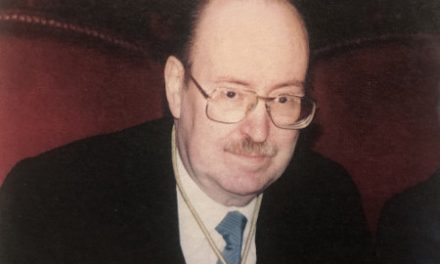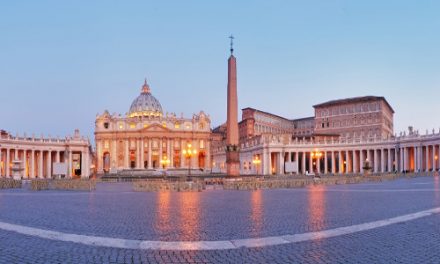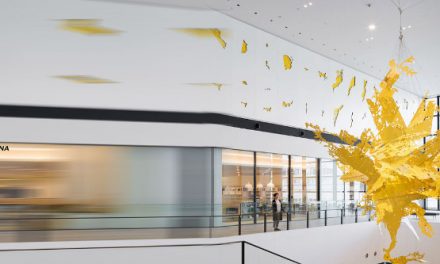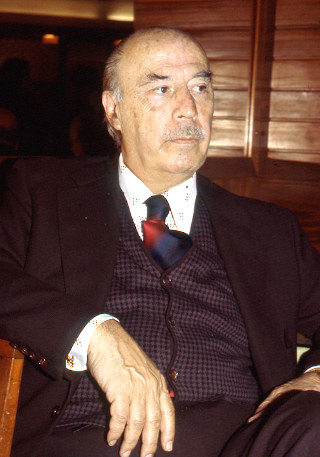
Dr. Guillermo Díaz Plaja
The Royal European Academy of Doctors-Barcelona 1914 (RAED) continues the series in which it recalls the most remarkable academicians of its centennial history with another of its illustrious figures: the historian, philologist, journalist and literary critic Guillermo Díaz Plaja (1909- 1984). Great figures of science and thought of international scope that left their mark on the institution and that the current Governing Board wants to thank, recognize and claim, in the conviction that who has no memory, has no future. The selection of these selected academicians is the result of the research carried out for the publication of the “Book of the Centennial” of the Royal Academy, published three years ago.
Díaz Plaja was recognized as honorary academician of the Royal Academy in 1966, after between 1945 and 1962 he actively collaborated with the Royal Corporation and read the work “Historia de la fantasía humana” (History of human fantasy), a study that doesn’t appear in his official bibliography and that the Royal Corporation treasures with zeal. In this paper he traces the main lines of work that he was developing in his last essay production dedicated to the study of universal literature and thought and comparative literature.
Born in Manresa to a military father, Díaz Plaja studied Philosophy and Literature at the University of Barcelona and received his doctorate from the Complutense University of Madrid under the tutelage of another prestigious academician of the Royal Academy -also remembered in this series-, Ramón Menéndez Pidal. At 26 years old he was recognized with the Spanish National Literature Prize for his “Introducción al estudio del Romanticismo español” (Introduction to the study of Spanish Romanticism) and years later he won the City of Barcelona Prize for his “Viatge a l’Atlàntida i retorn a Ítaca” (Trip to Atlantis and return to Ithaca). Throughout his career he cultivated both the Spanish and Catalan languages in an indistinct manner and developed his teaching activity as a professor at the Jaume Balmes High School in Barcelona and as a professor at the University School of Business Studies at the University of Barcelona, showing off his knowledge in fields as diverse as history, philosophy, literature and economics. He was also a professor at the School of Fine Arts of Saint George and at the School of Commerce of Barcelona.
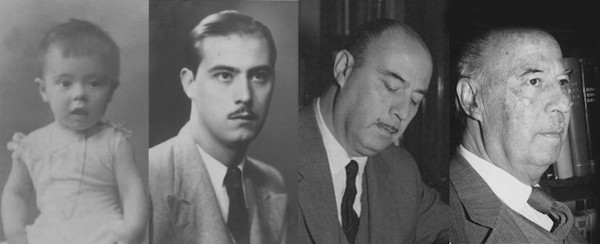 Between 1939 and 1970 he directed the Barcelona Theater Institute and from 1966 until 1970 the National Institute of Spanish Books. He belonged to the Spanish Higher Center for Scientific Research, the Hispanic Society of America, the Royal Academy od Spanish Language and the Royal Academy of Good Arts of Barcelona, as well as other Spanish and foreign institutions, as well as the current Royal European Academy of Doctors. He chaired the Spanish Association of Literary Critics and the Association of Spanish Writers and Artists in the difficult years of the Spanish political transition. His fields of work focused on various stages of the history of literature, with prominent studies on Modernism, Romanticism or Baroque. He also studied in depth the work of Federico García Lorca, Juan Ramón Jiménez, Ramón María del Valle Inclán and Eugenio d’Ors. Other of his literary activities were materialized in the creation of anthologies and direction and coordination of various magazines.
Between 1939 and 1970 he directed the Barcelona Theater Institute and from 1966 until 1970 the National Institute of Spanish Books. He belonged to the Spanish Higher Center for Scientific Research, the Hispanic Society of America, the Royal Academy od Spanish Language and the Royal Academy of Good Arts of Barcelona, as well as other Spanish and foreign institutions, as well as the current Royal European Academy of Doctors. He chaired the Spanish Association of Literary Critics and the Association of Spanish Writers and Artists in the difficult years of the Spanish political transition. His fields of work focused on various stages of the history of literature, with prominent studies on Modernism, Romanticism or Baroque. He also studied in depth the work of Federico García Lorca, Juan Ramón Jiménez, Ramón María del Valle Inclán and Eugenio d’Ors. Other of his literary activities were materialized in the creation of anthologies and direction and coordination of various magazines.
He also cultivated autobiographical works, analyzes of cultural news, travel literature, bullfighting criticism and poetry, both cultural and intimate. His work in Catalan language includes his studies on cinema and the avant-garde, as well as a good part of his poetic work.

